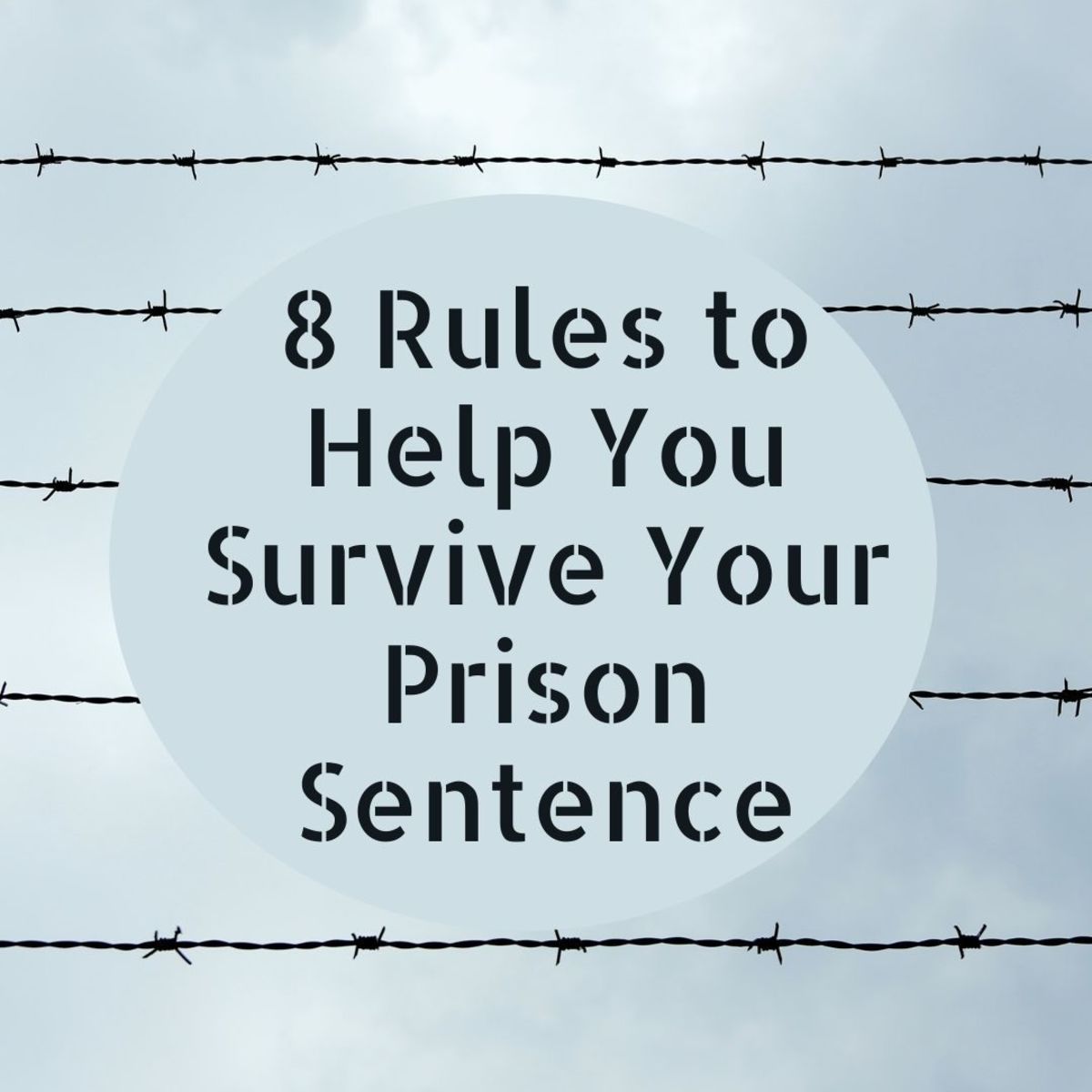A View From The Jury Box
According to a 2008 Harris poll, jury duty is the one civil obligation most Americans dread and the one most vigorously avoided. Less then half (44%) of the population reports for duty and only 24% of all Americans actually serve.
I just hate the way jury duty disrupts my comfort zone of daily routines. More often then not, it means many tedious hours sitting around with a nagging feeling that I could be making better use of my time. My summons reminds me that my participation is mandatory and it promises $40 a day if I just show up with a measurable heart beat. As a potential juror, I am expected to render a fair and impartial verdict even if one is never actually required.
So, here I am in the county criminal court building after exhausting all of my credible excuses. Once again, I am asked to apply my judgment, wisdom, and accumulated life experiences in the pursuit of justice as defined by the laws of the state and interpreted by the judge sitting front and center in the courtroom.
Surely, there is more to be gained then just $40 a day, a stipend not likely to survive past the end of the month anyway. In the orientation video on day one, Bill Bradley and Diane Sawyer tell me how my role as a juror has improved since the Middle Ages. I am soon convinced there is merit in avoiding any acts likely to lead me to a defendant's table any time soon.
With nothing else to do, I think about the issues I may encounter should I end up on a really serious criminal case. I could find myself in a murder trial involving capital punishment. I wonder if I could reach a verdict that leads to taking the life of a defendant who has been accused of taking the life of someone else. If killing another person is such a heinous act, what is punishment by death? I soon realize that this could turn out to be really heavy-duty duty!
I could probably find some justification for killing under certain circumstances, such as combat. Even killing in self-defense may be justifiable. It may be reasonable, as well as rational, to argue that capital punishment is just an extension of every individual's right of self-defense.
Still, I wonder if it is valid to conclude that someone convicted of murder, standing before the judge in shackles and orange jump suit as the sentence is pronounced, is still a threat to me or to anyone else. One could easily contend that removing the convicted murderer from society for life nullifies any, or all, arguments favoring capital punishment. Then again, what if all the convicted murderers removed from society for life, in fact, outnumber the cells available to confine them? Convicted murderers could return to the streets. All of these possibilites lead me to wonder even more.
At last, I am dismissed after two days of dedicated service. I have earned $80 and have learned a little more about our legal system. More importantly, I have re-affirmed my lifelong goal to avoid being sucked into the legal system except in the role of a juror. I leave the court house with a lot of questions that I would never have asked during my comfortable daily routines. And, by the way, not once did I feel that I could have made better use of my time.









